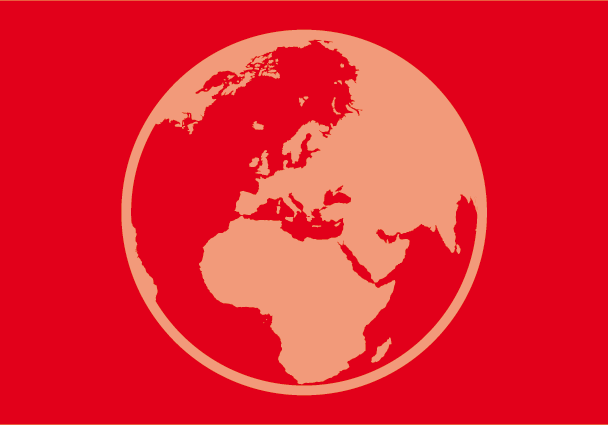
Sep 16, 2014 | Events
Amnesty International, with support from the ICJ, will hold a parallel event, in the margins of the UN Human Rights Council’s 27th session in Geneva, on armed drones and international law, to be held on Thursday 18 September 2014 at 13:30 in room XXIV of the Palais des Nations.
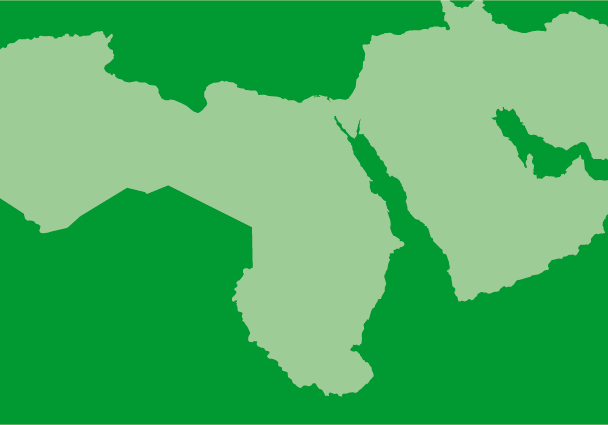
Apr 8, 2014 | News
The ICJ today welcomed steps taken by the Palestinian authorities to accede to core international human rights and humanitarian law conventions.
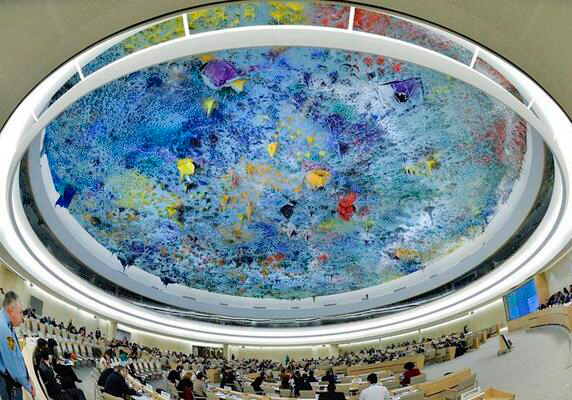
Mar 27, 2014 | Advocacy, Non-legal submissions
The ICJ made an oral statement on the recommendations made to Israel by the UN Human Rights Council, following Israel’s Universal Periodic Review.
The ICJ statement focussed on recommendations related to:
- compliance with international humanitarian and international human rights law , including particularly for thorough and impartial investigations into all allegations of human rights and humanitarian law violations committed in the context of the prolonged occupation of the OPT, and accountability of individuals responsible for such violations;
- Israel’s unlawful settlement policy;
- the separation wall; and
- administrative detention.
The full statement can be downloaded in PDF: Advocacy-UN-HRC25-IsraelUPR-20032014
Video of the discussion, including the ICJ statement, may be viewed here.
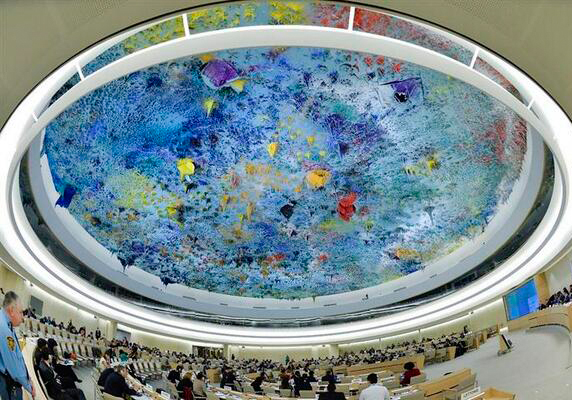
Mar 24, 2014 | Advocacy, Non-legal submissions
The ICJ made an oral statement to the UN Human Rights Council during the general debate on the situation of human rights in the Occupied Palestinian Territory.
The ICJ noted that, almost ten years after the International Court of Justice ruled the construction of the separation wall in the Occupied Palestinian Territory (OPT) to be unlawful, States and international organizations have failed to take effective measures to hold Israel accountable for violations of international humanitarian law and human rights law arising from the wall.
As the International Court of Justice held, States must not “recognize the illegal situation resulting from the construction of the wall” and must not “render aid or assistance in maintaining the situation created by such construction.” Israel, for its part, must dismantle the wall and its associated regime and provide reparation to victims.
At the same time, Palestinian armed groups must renounce all direct or indiscriminate attacks on civilians and civilian objects. Israel must also cease its own violations of international humanitarian law.
The ICJ further addressed the human rights impacts of Israeli settlements in the occupied territory, and the need for the Security Council effectively to address the issue.
The full statement can be downloaded in PDF here: Advocacy-UN-HRC25-IsraelOPT-24032014
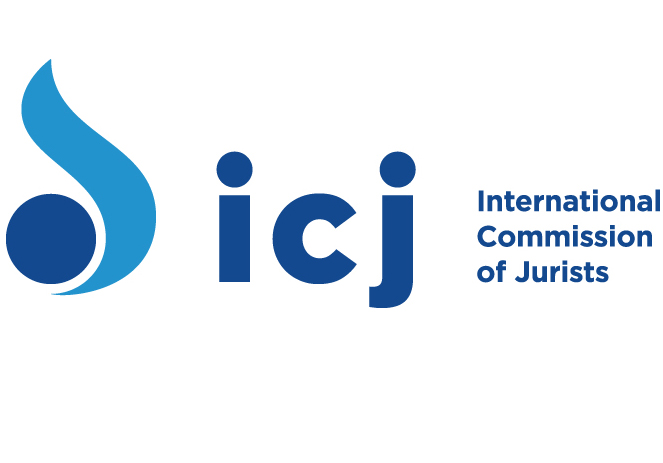
Jun 12, 2013 | Agendas, Events
On Tuesday 11 June 2013, the ICJ convened a parallel event, organised with the Geneva Academy of International Humanitarian Law and Human Rights, during the Human Rights Council’s 23rd regular session held in Geneva.
The event, held in Room XXV of the Palais des Nations, discussed how human rights will be promoted by the Arms Trade Treaty (ATT), including ways to ensure compliance with the ATT and the relevance of the treaty for activities of the Human Rights Council and international human rights experts. The event was chaired by Alex Conte, Director of the ICJ’s International Law and Protection Programmes. Panelists were Simon Bagshaw, Senior Policy Adviser for the UN Office for the Coordination of Humanitarian Affairs; Professor Andrew Clapham, Director of the Geneva Academy of International Humanitarian Law and Human Rights; and Dr Stuart Casey-Maslen, Head of Research at the Geneva Academy of International Humanitarian Law and Human Rights.
Simon Bagshaw provided a background to the treaty from a humanitarian perspective, recognising that the ATT provides an opportunity to address some of the humanitarian impacts and costs of the arms trade. He also stressed the importance of specific elements within the treaty, such as the obligation to refrain from authorising the transfer of weapons where a substantial risk exists that this may result in serious violations of international human rights law or international humanitarian law.
Andrew Clapham and Stuart Casey-Maslen focussed on the human rights perspective. Professor Clapham promoted the use of mechanisms such as the Human Rights Council and its Universal Periodic Review to assist in implementation of the treaty. Dr Casey-Maslen discussed areas that may help ratification, implementation and monitoring of the ATT, including the role of civil society in that regard.
Several questions were raised during discussions concerning how the treaty would work in practice and its broader implications for non-State actors. Panellists confirmed that the ATT includes the facilitation of crimes as enumerated in the treaty and may also cover domestic crimes of terrorism. Since the ATT does not provide for the establishment of fact-finding missions, it was emphasised that civil society will need to act to monitor compliance with the ATT. Panellists also pointed out the important role of the treaty regarding the conduct of non-State actors. Although the treaty sets out obligations for States only, States parties will be responsible for providing licensing to arms manufacturers and private companies working within the weapons industry.
UN HRC-Arms Treaty side event flyer-event-2013 (event flyer in pdf)









